WASHINGTON - There's a much bigger, largely untold story behind the renewed debate over U.S. corporations who merge with foreign firms to reduce their federal tax bills.
The latest chapter in the story concerns Walgreen, the nation's largest drugstore chain, which plans to go ahead with a cash and stock purchase of a Swiss company that could have resulted in a big tax cut on its corporate profits.
Walgreen, however, decided against moving overseas, saying it plans to keep its corporate roots in the U.S. But the back-story involves far more fundamental issues that the news media either played down or ignored entirely.
It has to do with our 35 percent top corporate tax rate, the highest in the industrialized world, and why it's forcing U.S. businesses to move abroad, sometimes by merging with foreign firms; why it's hurting capital investment, job creation and economic growth here at home; and why President Obama's policies are in large part responsible for what is happening in the corporate world.
While Walgreen abandoned its plan, dozens of other corporations were considering moving abroad, costing tens of billions in lost federal revenues unless changes are made to eliminate tax loopholes and other exemptions.
Another part of the story deals with a failed, bipartisan effort in the House and Senate to overhaul the IRS code to do just that in order to lower the tax rates, an idea Obama stopped dead in its tracks. More on that in a moment.
Last month, CVS Caremark's chief executive Larry Merlo urged Senate leaders to get busy on tax reform to prevent the flight of major corporations seeking to avoid punishing tax rates that this year could reach 40 percent.
Recommended
If nothing's done to change the tax code, Merlo warned that CVS "might be forced" to join other firms preparing to move their corporate headquarters abroad.
"What we're seeing is one more manifestation of why the business tax structure needs to be fixed," said John Engler, the former Michigan governor who now heads the Business Roundtable, a blue chip association of top chief executives.
"We're the proverbial frog that's being boiled in the water, and a few frogs have decided to jump out," Engler said.
If anyone is looking to the White House to deal with this looming economic disaster, they can forget it.
As usual, Obama saw this a political opportunity to once again play the Democrats' class warfare card for all it was worth -- questioning the patriotism of business executives whom he called "corporate deserters."
They were pulling out of their country "just to get out of paying their fair share of taxes," Obama said, adding that he didn't "care if its legal. It's wrong."
What is wrong, Mr. President, is a punitive corporate tax rate on America's biggest and most successful employers, that's holding back our economy and making it much less competitive with other nations who have lower corporate tax rates.
"Of course, what American corporations actually pay varies a lot, thanks to many exemptions, deductions and provisions to delay taxes," says business economist Peter Morici of the University of Maryland. But "the average combined U.S. and foreign tax burden on profits is about 30 percent, whereas the average for foreign rivals is about 23 percent."
In some countries it's even lower. In Ireland, for example, where many overseas businesses are headquartered, the tax rate is 12.5 percent.
But for many far left Democrats like Obama, the U.S. tax rate isn't high enough. This week, Senators Elizabeth Warren of Massachusetts and Richard Durbin of Illinois were urging Obama to take the gloves off to "use your authority to reduce or eliminate tax breaks" for those who moved their operations overseas.
However, the answer to this conundrum isn't to raise taxes on corporations but to restructure the system by getting rid of inefficient exemptions and other tax breaks in exchange for lowering their overall tax rates.
That's what led to a congressional tax reform effort that didn't get the public attention it deserved, one that Obama killed in its infancy.
Despite all of the talk about a deeply dysfunctional and divided Congress throughout Obama's failed presidency, two major legislative leaders were working on a bipartisan plan to scrub the tax code of its special privileges in order to lower the rates, including the 35 percent corporate tax.
For the past couple of years, GOP Rep. Dave Camp of Michigan, who chairs the Ways and Means Committee, and then-Sen. Max Baucus of Montana, who chaired the Democratic-run Senate Finance Committee, were busily at work to do just that.
The two men worked closely together, held numerous joint hearings all over the country, and drafted respective legislation that was somewhat along the bipartisan lines proposed by two chairmen of a blue ribbon, deficit-cutting commission that Obama had authorized.
There were differences, but ones Baucus and Camp believed could be reconciled in both houses of Congress. It looked as if they were close to a major achievement in bipartisanship, not unlike the reforms and rate reductions that President Reagan pulled off in 1986.
There was just one big obstacle lurking ahead of them. Obama had never seriously embraced the idea of cutting the tax rates. He was hooked on raising taxes, not cutting them.
The tax reform train was leaving the station, and the White House was looking for a way to stop it.
That's when Obama offered Baucus, who planned to retire next year, the plum post of ambassador to China. Confirmation earlier this year was swift, even though he testified that he was "no real expert on China," and that killed any hope for tax reform as long as Obama was in the White House.
Making America's corporate tax structure competitive with the rest of the world must sadly await a new president who understands what it will take to get the U.S. economy running again at full throttle.
















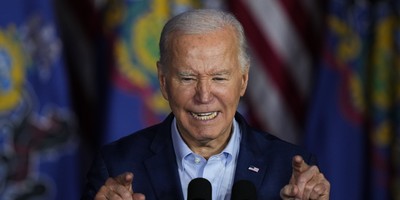
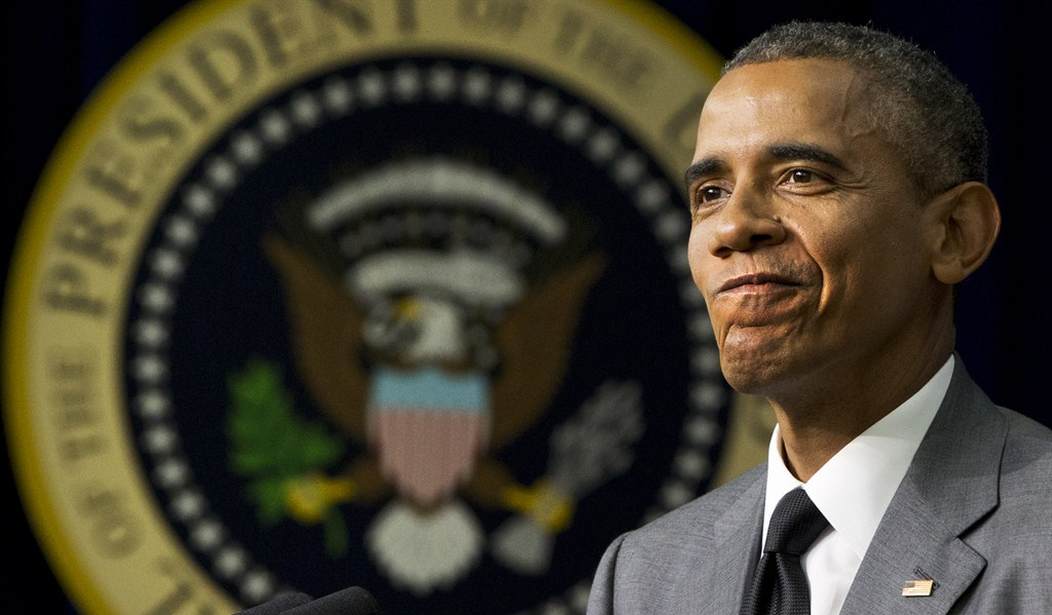
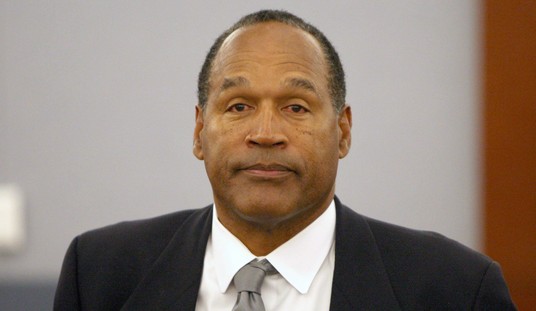



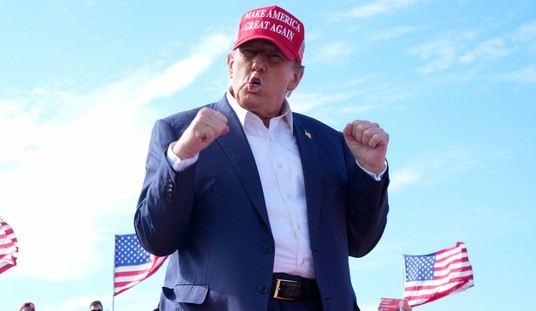
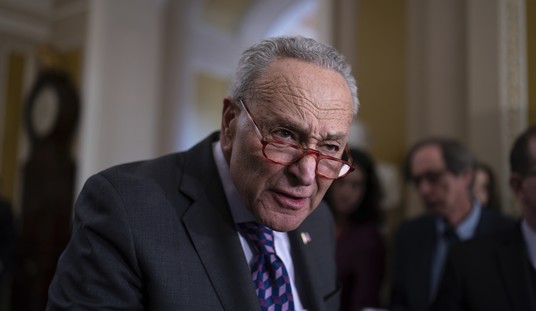
Join the conversation as a VIP Member